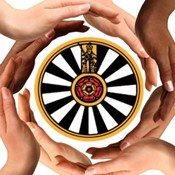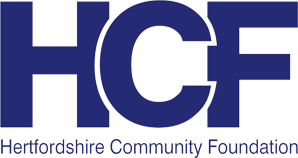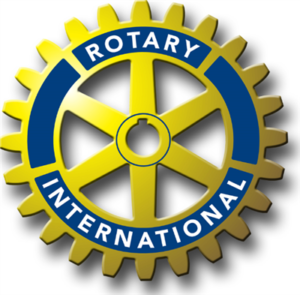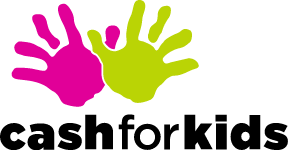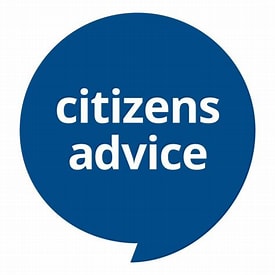
Citizens Advice (previously Citizens Advice Bureau) is a network of 316 independent charities throughout the United Kingdom that give free, confidential information and advice to assist people with money, legal, consumer, and other problems. You can find your local service by following the link.
www.citizensadvice.org.uk/about-us/contact-us/contact-us/search-for-your-local-citizens-advice/
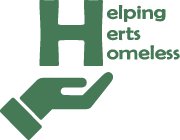
Working together with other agencies, we aim to support the provision of emergency accommodation and other support services, to anyone in Hertfordshire who has become homeless or is at risk of homelessness. Helping Herts Homeless is a team of volunteers that focuses on addressing the needs of the Homeless in Hertfordshire call: 01462 600 425 or website

HYH focus on preventing homelessness in Young People aged between 16 – 24-year-olds from helping with education in schools and family mediation to supporting young people in their first homes or caring for adults of all ages who have mental health issues and housing needs. Website or call: 03000 355 775
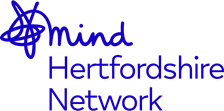
Herts Mind Network also offer support to people who are having difficulties with their mental health and housing. Website for details or call: 0203 3727 3600 or email: info@hertfordshiremind.org

Contact website for further links for advice
Residents Handbook… A Guide To Hostels And Temporary Accommodation
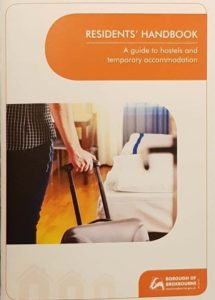
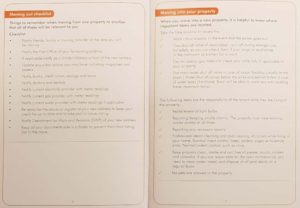
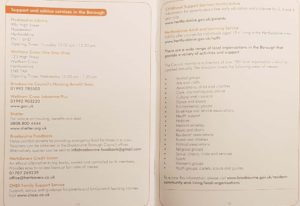

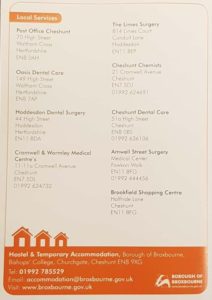
Click Picture To Enlarge
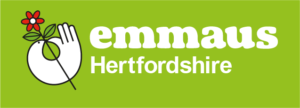 We offer people who have experienced homelessness with a place to call home for as long as they need it and meaningful work in our social enterprise. Living in a stable environment with the opportunity to gain new skills helps our companions to regain any lost self-esteem and confidence so they can get back on their feet. See website
We offer people who have experienced homelessness with a place to call home for as long as they need it and meaningful work in our social enterprise. Living in a stable environment with the opportunity to gain new skills helps our companions to regain any lost self-esteem and confidence so they can get back on their feet. See website
CALL: 0300 303 7555 or EMAIL: contact@emmaus.org.uk
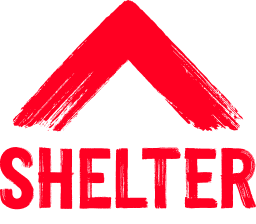 Shelter helps millions of people every year struggling with bad housing or homelessness through our advice, support, and legal services. And we campaign to make sure that, one day, no one will have to turn to us for help. Talk to an expert housing adviser if you’re in urgent need of housing advice.
Shelter helps millions of people every year struggling with bad housing or homelessness through our advice, support, and legal services. And we campaign to make sure that, one day, no one will have to turn to us for help. Talk to an expert housing adviser if you’re in urgent need of housing advice.
You should use this line if: You have nowhere to sleep, or might be homeless soon, You have somewhere to sleep, but nowhere to call home or You are/could be at risk of harm.
Our FREE helpline is open every day of the year: 0808 800 44 44 8am – 8pm on weekdays /9am – 5pm on weekends


